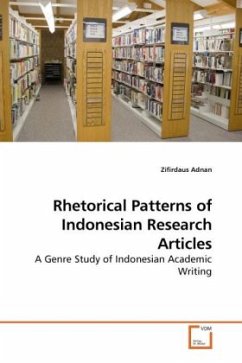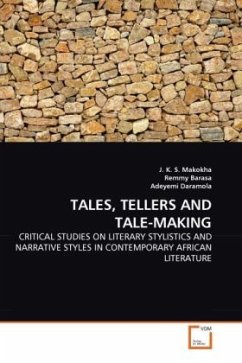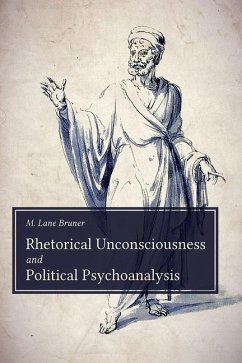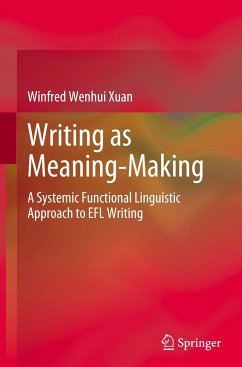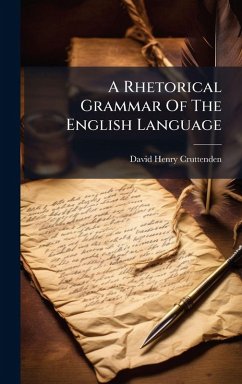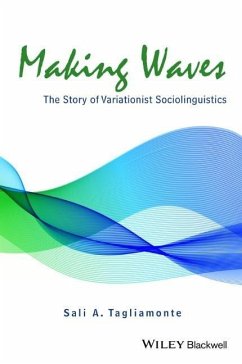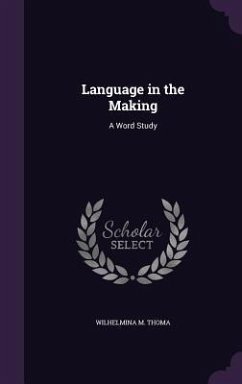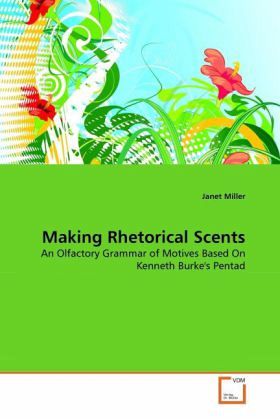
Making Rhetorical Scents
An Olfactory Grammar of Motives Based On Kenneth Burke's Pentad
Versandkostenfrei!
Versandfertig in 6-10 Tagen
32,99 €
inkl. MwSt.

PAYBACK Punkte
16 °P sammeln!
Scent is inherently persuasive, but the language of scent is largely missing from rhetoric's vocabulary. This is because language cannot express the truth of an odor. Identification of odor as substance is dependent on consubstantiality between the author and reader. We instead describe smells using metaphorical language, or by invoking episodic memories and emotional reactions. In this way, scent is dramatistic. In order to consider the possibility of a grammar of scent beyond metaphor, the author develops an olfactory pentad (Sniff, Context, Emanation, Odor Object, and Response) by applying ...
Scent is inherently persuasive, but the language of scent is largely missing from rhetoric's vocabulary. This is because language cannot express the truth of an odor. Identification of odor as substance is dependent on consubstantiality between the author and reader. We instead describe smells using metaphorical language, or by invoking episodic memories and emotional reactions. In this way, scent is dramatistic. In order to consider the possibility of a grammar of scent beyond metaphor, the author develops an olfactory pentad (Sniff, Context, Emanation, Odor Object, and Response) by applying the framework of Kenneth Burke's dramatistic pentad. In this way, scent is exposed as a powerful rhetorical substance separate from human motive, but motivating in and of itself. The author then explores implications for a rhetoric of scent beyond the literate tradition.



